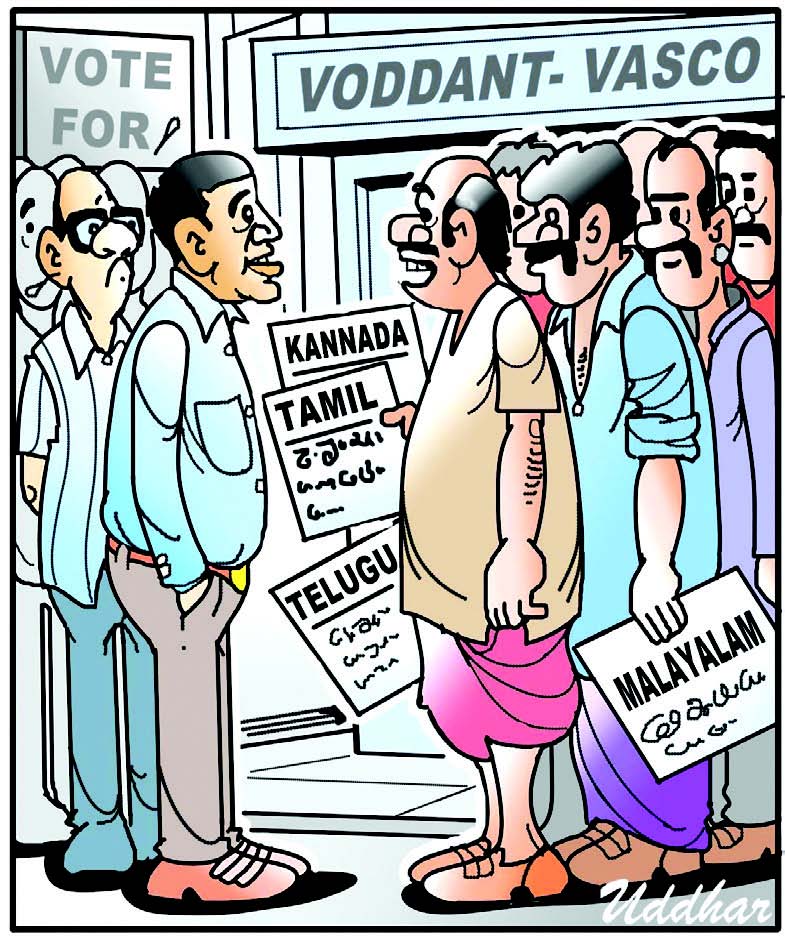Sujit De
I was a student of class VII when my father was posted to another place. I had mixed feelings about going to a new place. There was the excitement that I would get a chance to explore a new place, a new environment along with the sadness of leaving an area that had become a part of myself.
My father took me to a nearby school in our new locality and got me admitted there. But I was bullied on the first day in my new school. It was my first encounter with ragging as well as with the game of othering.
Initially, some students behaved as though I were an enemy from outer space. Was it just fun or a ritual to welcome a fresher? If it was so, then where was its origin? The paranoia for anyone outside one's herd might be its origin.
Be that as it may, fortunately for me, the school administration and teachers did not treat me in a different way; rather they accepted me as their own. This helped the hostile environment change into a friendly and cordial one within a few days. What would have happened, had my class teacher after calling my roll number asked me to enrol my name again as a student in my school!
In that case, instead of the change that the situation underwent from hostile to friendly, it would have become unbearable. Then, I would have faced more ragging with renewed vigour in the hands of some heartless students. Plus, it would cause tremendous harassment for me and my parents.
But should any teacher ask such a question to a student when his roll number had already been recorded in the attendance register? It was the school authorities who had recorded the name of the student in the attendance register. Therefore, asking such a question actually means the authorities do not have faith in themselves.
The same question arises regarding the non-acceptance of a voter-ID as a sufficient document for citizenship. Given the Members of the Lok Sabha and Vidhan Sabha are directly elected by voters, it is akin to putting a big question mark behind all of them. Should a government ask some voters to prove whether they are citizens of a country or not after being elected by the votes including the votes of those voters?
How could a government challenge the way it had been elected while completing its term of five years? Moreover, the Citizenship (Amendment) Act, 2019 (CAA) has gone against the secular character of the Constitution by removing one particular religion from the selection process.
Two back to back incidents that happened last month brought back my memory of the first day in my new school. Sujit Dutta (my namesake) and Esan Singh were found dead at Ichamati in Meghalaya's East Khasi Hills district on March 27 hours after an organisation took out a protest against the CAA. It appears that the CAA has increased the divide between tribal and non-tribal people of Meghalaya.
Debashish Sengupta (37), a resident of Kolkata, was found hanging from the ceiling fan on March 20. His father, Tapan Sengupta said, "Since the notification of the CAA, my son has been suffering from tremendous mental trauma and agony and was also in acute fear psychosis for not having all the required documents as shown in the social media and as prescribed in the said notification."
The Centre should pay heed to the apprehension someone has expressed in a newspaper after Debashish Sengupta took his own life, "The moment I formally apply for Indian citizenship, it will be an acknowledgment that I am not an Indian citizen. That is a huge risk."
Anything that can increase the divide between different communities and create fear psychosis in the minds of the voters of our country should be avoided. It could spell disaster in our country which has achieved unity by accepting its rich diversity.
